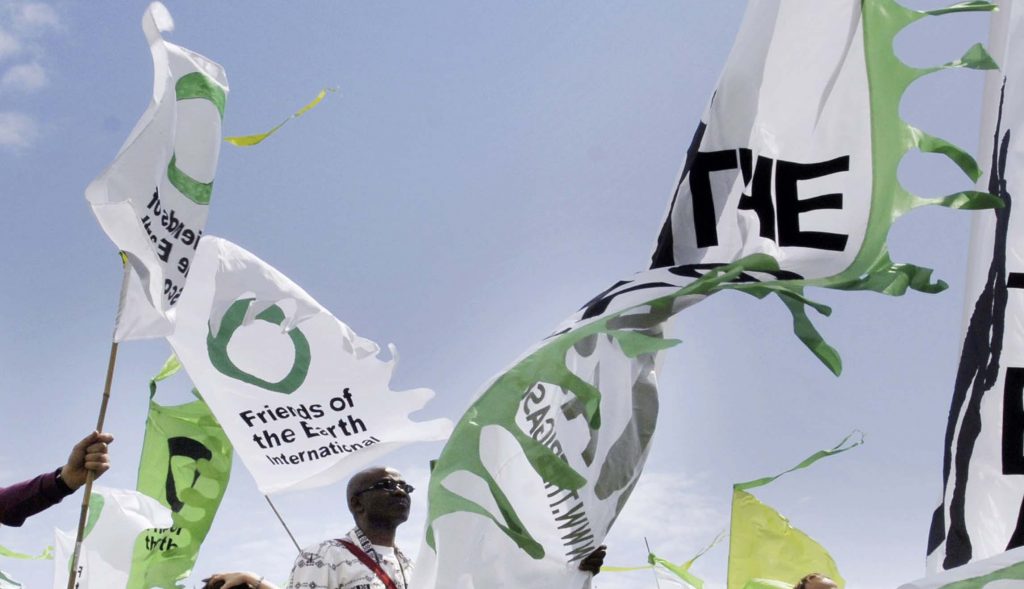Brussels, 6 October 2008 – The European Union (EU) insists in calling association agreement what will be in fact a free trade agreement, Oxfam International, Grupo Sur, CIFCA, Friends of the Earth Europe and the International Federation of Human Rights pointed out amid the 5th Negotiation Round between EU –Central America celebrated this week in Guatemala.
Until now, the European position has offered nothing but rhetoric when saying that the three pillars –political dialogue, cooperation and trade– are equally important. Facts show that their real interest is to achieve a reciprocal trade agreement.
‘Human rights are proclaimed without specific follow-up commitments and without guarantees that this will not affect the right to health, food, to a healthy environment, nor are there any guarantees that human rights, indigenous and afrodescedent people’s rights and migrant rights will be enforced’. Karine Appy of FIDH said.
‘If the EU does not end this strategy immediately, the negotiations should be rejected. Brussels has not allowed to introduce any novelty to the political dialogue framework, nor has it expanded its financial commitment in terms of cooperation, by turning these issues into mere decoration”, Lourdes Castro, spokesperson of Grupo Sur said.
‘A trade agreement which fails to recognize the abyss that separates the economies in European and Central American countries will leave the region in a situation of greater vulnerability. By signing a FTA, the governments have less instruments to face the current crisis of food prices. The CAFTA, the trade deal the EU aims to reach, has caused many negative impacts and has offered little to the Central American people”, says Erik Van Mele, spokesperson of Oxfam International.
In the same line, the European Commission has not carried out a Socio-environmental Study that should be a reference in the negotiations.
‘The UE has turned a deaf ear on the recommendations of the civil society in both regions. A biregional dialogue has not been possible and the EU’s rush in concluding the negotiations mostly favors the EU interests, says Luis Guillermo Pérez, Secretario Ejecutivo de CIFCA.
The EU and Central America are negotiating an Association Agreement that could be an opportunity for the countries of the continent. However, the current direction of the negotiations does not offer benefits to the peoples of the region and it would increase their vulnerability to the food, energy and financial crises.





